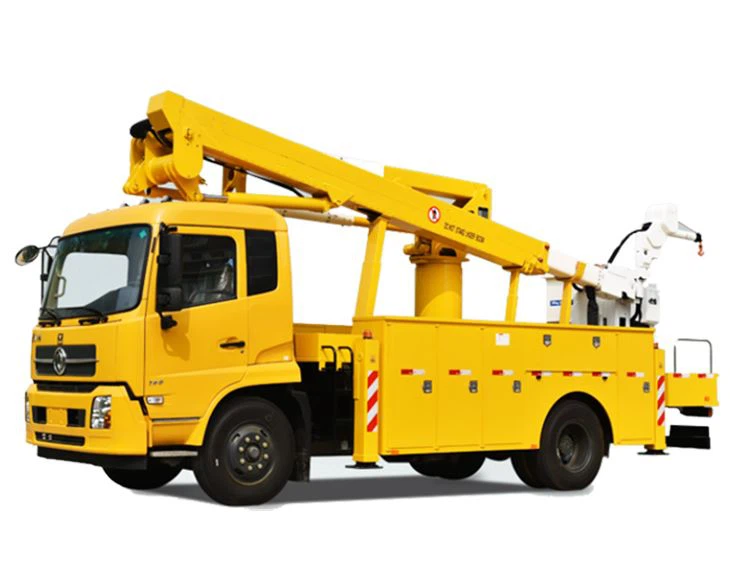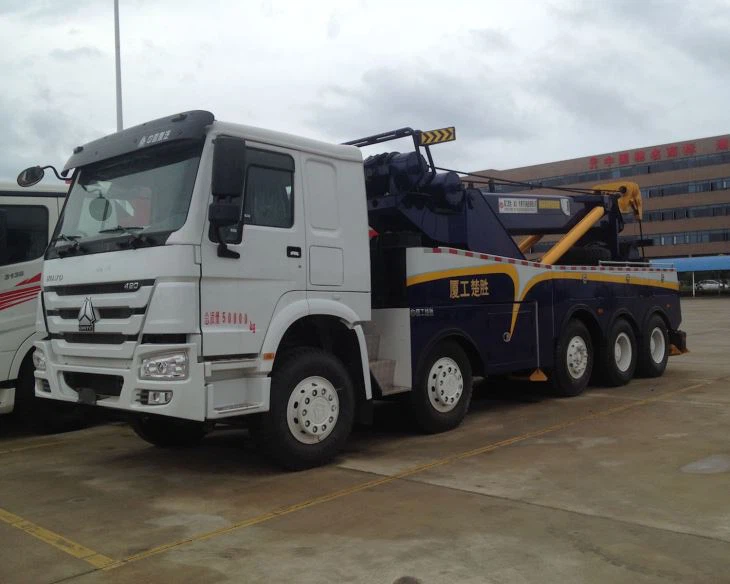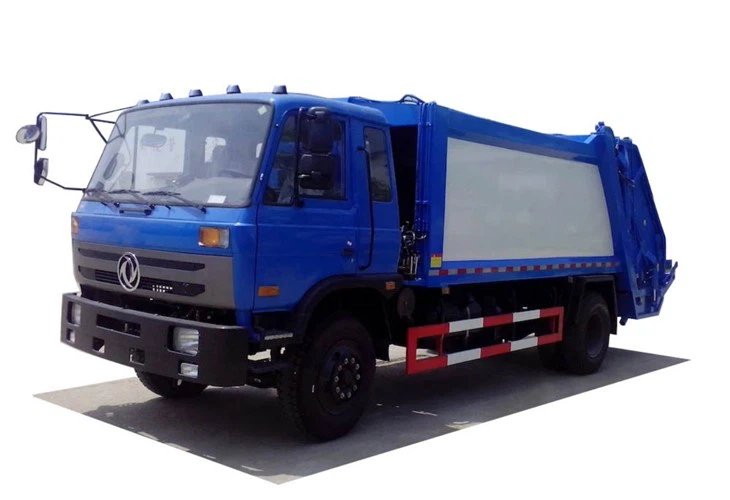When it comes to maintaining a clean and functional plumbing system, understanding how a sewer vac works is crucial. This comprehensive guide will explore everything you need to know about sewer vacs, why they are important, their applications, and tips for choosing and using these essential tools effectively.
What is a Sewer Vac?
A sewer vacuum, commonly referred to as a sewer vac, is a specialized machine designed to clean and maintain sewage systems and drain lines. Utilizing powerful suction, these machines remove sludge, debris, and blockages from underground pipes, ensuring that waste is effectively transported away from properties.
How Does a Sewer Vac Work?
Sewer vacs operate on a simple principle: they create a powerful vacuum that sucks up waste materials from sewer lines. Here’s a breakdown of their functionality:
- Vacuum System: The machine employs a vacuum pump to create negative pressure, drawing materials into the collection tank.
- High-Pressure Water Jets: Some sewer vacs are equipped with high-pressure water jets to help dislodge stubborn blockages.
- Collection Tank: The removed waste materials are stored in a tank for safe disposal.
The Importance of Sewer Vacs
Sewer vacs play a crucial role in maintaining sanitation and preventing plumbing disasters. Their significance can be illustrated through several key points:
1. Preventing Blockages
Regular maintenance with a sewer vac helps prevent severe blockages caused by accumulated debris and sludge.
2. Environmental Protection
By ensuring waste is efficiently removed and treated, sewer vacs help protect the environment from sewage leaks or overflows.
3. Cost-Effectiveness
Investing in sewer vacuum services can save money in the long run by preventing costly repairs related to sewage backups.
Applications of Sewer Vacs
Sewer vacs can be utilized in a variety of scenarios:
1. Residential Use
Homeowners can use sewer vacs to clear clogged drains and maintain portable toilets during outdoor events.
2. Commercial Use
Businesses with extensive plumbing networks often hire sewer vacuum services to maintain hygiene and functionality.
3. Municipal Services
Cities and municipalities employ sewer vacs to clean storm drains, sewers, and waste treatment facilities.
Choosing the Right Sewer Vac
Selecting the appropriate sewer vac involves several considerations:

1. Size and Capacity
The size of the vac should match the volume of work required. Larger tanks can handle more waste but may need a more powerful engine.
2. Power Source
Sewer vacs can be powered by gas or electricity. Choose based on availability and preference for mobility.
3. Features
Look for additional features like high-pressure water jets, remote control capability, and filtration units.
Comparison Table of Sewer Vac Options
| Model | Power Source | Tank Capacity | Weight | Price Range |
|---|---|---|---|---|
| Model A | Gas | 500 gallons | 800 lbs | $5,000 – $7,000 |
| Model B | Electric | 300 gallons | 600 lbs | $3,000 – $5,000 |
| Model C | Diesel | 700 gallons | 1000 lbs | $7,500 – $10,000 |
Using a Sewer Vac Safely
While sewer vacs are incredibly effective, they must be operated with care. Here are key safety tips:
1. Wear Protective Gear
Always use gloves, masks, and goggles to protect yourself from potential exposure to harmful substances.
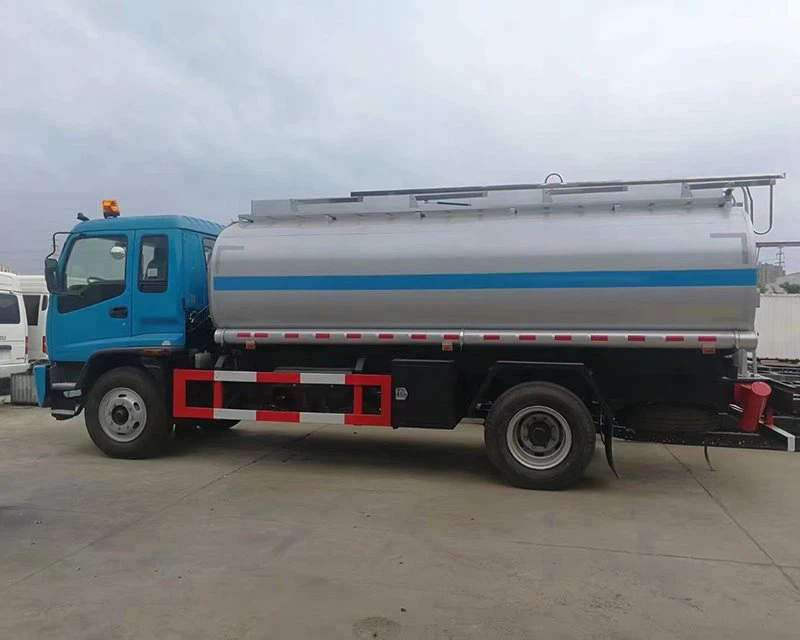
2. Ensure Proper Ventilation
When using gas-powered models, ensure adequate ventilation to prevent the buildup of carbon monoxide.
3. Follow Manufacturer Instructions
Always adhere to the manufacturer’s guidelines for optimal performance and safety.
Maintenance of Sewer Vacs
Regular maintenance of sewer vacs is necessary to prolong their lifespan and efficiency. Key maintenance tasks include:
1. Regular Cleaning
Clean the vacuum tank regularly to prevent corrosion and build-up of residues.
2. Check Seals and Hoses
Inspect seals and hoses for wear and tear to prevent air leaks and maintain suction efficiency.
3. Engine Maintenance
Conduct regular engine checks and oil changes for gas-powered models.
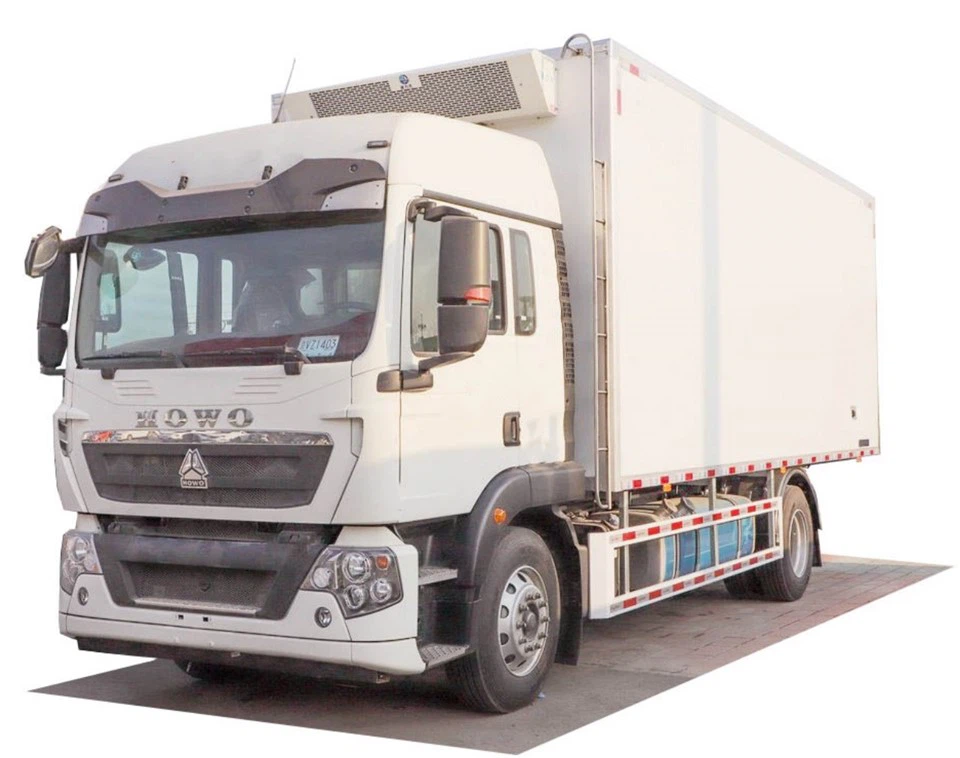
Common Problems and Solutions
Like any machinery, sewer vacs can experience issues. Here are common problems with solutions:
1. Loss of Suction
If you notice a decrease in suction power, check for clogs in the hoses or blockages in the tank.
2. Leaking Tank
Inspect the tank and fittings for cracks or loose connections that may need sealing or repair.
3. Engine Overheating
Ensure proper fluid levels in the engine and avoid prolonged use without breaks.
Practical Examples of Sewer Vac Usage
Here are real-life scenarios showcasing the effectiveness of sewer vacs:
1. Municipal Sewage Maintenance
A city regularly uses sewer vacs to clean out storm drains, significantly reducing flooding incidents during heavy rains.
2. Event Cleanup
A music festival uses portable sewer vacs to keep portable restrooms clean, ensuring a pleasant experience for attendees.
3. Residential Drain Maintenance
A homeowner hires a sewer vac service to remove accumulated tree roots from the sewer line, avoiding a costly backup.
FAQ Section
1. How often should I use a sewer vac?
It depends on your site’s soil conditions, usage frequency, and plumbing systems, but generally, once a year is recommended for maintenance.
2. Can I rent a sewer vac?
Yes, many equipment rental services offer sewer vacs for short-term use, ideal for individuals or businesses needing one-time services.
3. What should I do if my sewer vac fails to remove waste?
If your sewer vac isn’t functioning properly, check for blockages or contact a professional for assistance.
4. Are sewer vacs environmentally friendly?
Yes, when used properly, they can help prevent sewage spills and contamination, contributing to a healthier environment.
5. Can I use a sewer vac for other purposes?
While primarily designed for sewage, some models can also be used for vacuuming debris from construction sites or spills.
6. What is the lifespan of a sewer vac?
With proper maintenance, a sewer vac can last 10 to 15 years, though this may vary based on usage and brand.



